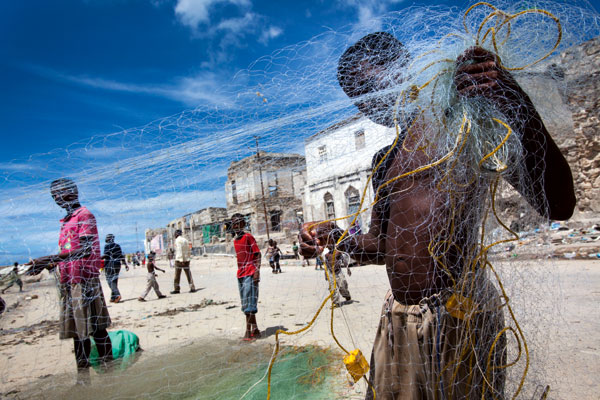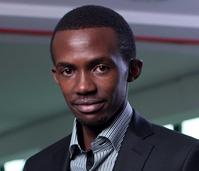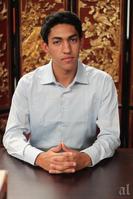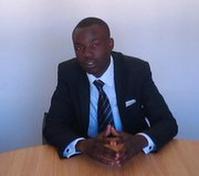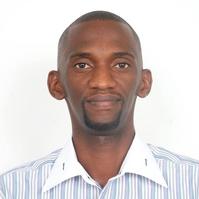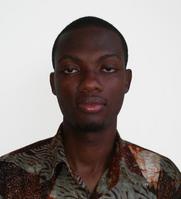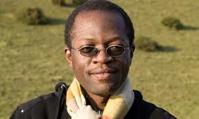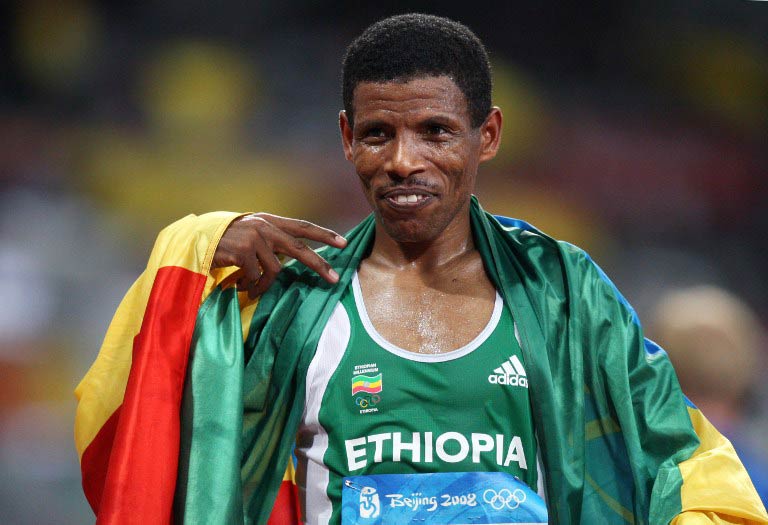A few weeks ago, I walked into a friend’s house to find a raucous argument going on. I didn’t know what the exact topic of the argument was, but the bottles of wine and beer on the table indicated that it had veered off course a long time before. The argument reached an impasse and could only be resolved in one way: Google. As the only sober one in the room, the task befell me. I asked for a phone. Tap. Tap. Tap. We had the answer. The argument was over. All was well in the world. The gods of the internet had spoken through the high priest of the smartphone.
The internet-enabled phone has changed many Kenyans’ relationship with the internet. According to the Communication Commission of Kenya, 99% of the country’s 16 million internet connections are on mobile devices. Advertising campaigns by the mobile network operators coupled with low-cost smartphones such as the Intel Yolo and the Huawei Ideos and declining costs of data have seen mobile data consumption grow at 75% year on year.
Increased access to the internet has had some very interesting results and opened some doors into the Kenyan psyche, thanks especially to Twitter.

Kenya is Africa’s second most active country on Twitter. The microblogging service has provided the perfect tool for Kenyan youth wanting to be heard and seeking validation. It offers the option for anonymity and has a numeric metric for validation in the form of number of followers. We will often put out an update, then keep checking out mentions, waiting to see how many retweets and favourites we have garnered. Just like in any society, there are people at the top of the ladder. On Twitter, they’re the bigwigs with over 10 000 followers (as of the last informal definition). These users are regarded as trendsetters and opinion influencers.
Kenyans on Twitter – #KOT as they are known – are quick to weigh in on everything and anything. They’ve even achieved global recognition on several occasions. It started with #Makmende, a campaign that resulted in Kenya’s first viral music video and the country’s own Chuck Norris.
Shortly after that, there was #RutoPlaylist which Kenyans used to suggest songs for deputy president William Ruto to listen to on his iPod during his trip to the Hague for his ICC trial. In March this year, they used the #SomeoneTellCNN hashtag to mock the television network’s election reporting. Most recently, Kenyans went to war with Nigerians, using #SomeoneTellNigeria to vent about how the Kenyan football team was being treated in Nigeria. So mighty are #KOT that at the peak of Nigeria-Kenya tiff, Kenya was producing tweets at 6 times the rate Nigerians were even though Nigeria’s internet population is over four times greater.
Kenyans on Twitter have also done some inspiring things. In November 2012 when Nairobi’s public transport providers went on strike, #KOT started #CarPoolKE, an initiative which saw car owners give rides to stranded commuters for free. Another initiative that has enjoyed success on Twitter is Wanadamu (meaning “We have blood”). This service puts out calls for blood donations to supplement Kenya’s overstretched blood banks in cases of accidents, surgeries and blood shortages.
On the downside and as can be expected, there’s some not-so-pleasant activity. Cyber bulling and trolling is on the rise and #KOT often latch on to on a trending topic, throwing acerbic jabs to seek validation from the bigwigs through LOLs, retweets and faves. As funny as their insults may be, they actually cause significant damage to the recipient. In some cases, the “victims” commit twittercide (delete their Twitter accounts for good).
Kenyans’ use of the internet is not just limited to Twitter, though. One dark, rainy evening I caught a taxi driven by a 60-year-old fellow who knew very little English. When I gave him my destination, I expected to see him furrow his brow and ask me to direct him. Instead he picked up his phone and started tapping away.
“Nini hiyo?” (What is that?)
“Ngoongoo Maps! Hata mimi ni ndingito!” (Google Maps. I am digital too!)
Sure enough, he got me to where I was going without any problems.
Joel Macharia (@themacharia) is the founder of the online consumer finance publication pesatalk.com and the agribusiness start-up Sagana Farms. He is one of 10 young Africans shortlisted to be a One Young World delegate at this year’s summit. At this event, the M&G’s Trevor Ncube will be chairing a session on African media and what Africans think of their journalists. To share your views, complete this short survey.




